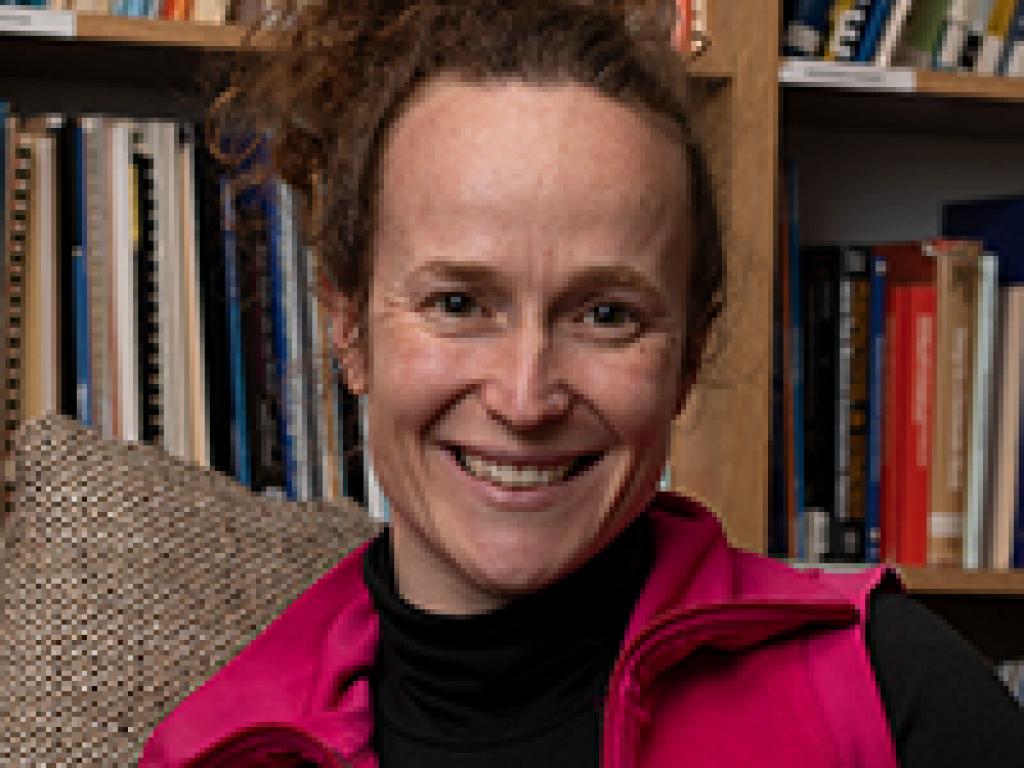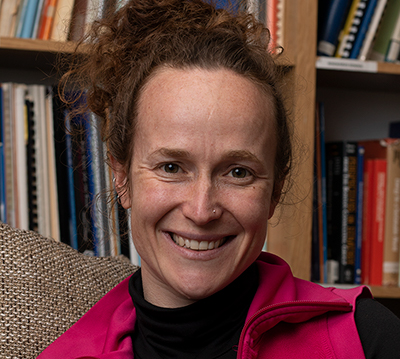Wiebke Toussaint: masters


At school, Wiebke focussed on art and languages and ignored every opportunity to learn about computers because she thought it was boring, but when she started working she realised that everyone sits behind a computer.
“The question is how interesting are the things you do with a computer. If you want to do interesting things with computers, computer science is a really great way to go.”
After completing a BSc in Mechanical Engineering, Wiebke worked as an engineering consultant for two years, before moving into ecommerce and fashion. Later she joined the Energy Research Centre as a data scientist. She started finding knowledge gaps and her exploration to fill these led her to artificial intelligence and computer science.
Fascinated with decision making and knowledge management in the industrial context, Wiepke started exploring the question of how you capture knowledge and use it for better decision making in her first job. But she realised if she wanted to do it properly she needed to learn to code. After her detour through ecommerce and fashion, Wiebke sought a more technical space, and found herself back in a place where she needed to build a data portal, which tied back into knowledge management, which was where her journey had began.
While studying towards her master’s, Wiebke is also working with domestic energy-use data to understand how people use energy. “The way people consumed energy ten years ago is not the way they consume it now.” This information is important for utilities like Eskom, and also explains things like the recent home-use charge that was recently been added to residents’ bills, as we are using less energy than we once did.
“If you had asked me ten years ago, I would have ruled out AI and computer science but that’s where I am right now. Ultimately it helps me to understand energy behaviour.”
Throughout her journey she reached out to people she thought might be able to help her and they have, leading her to a full research master’s. This has been particularly challenging as she didn’t have a background in IT but she has received tremendous support from her supervisors.
Moving forwards, Wiebke hopes to combine her background in engineering with computer science to develop intelligent industrial systems. “How you use the best of human expertise and combine that with data we can get from sensors. That’s the space in which I want to be,” says Wiebke.
